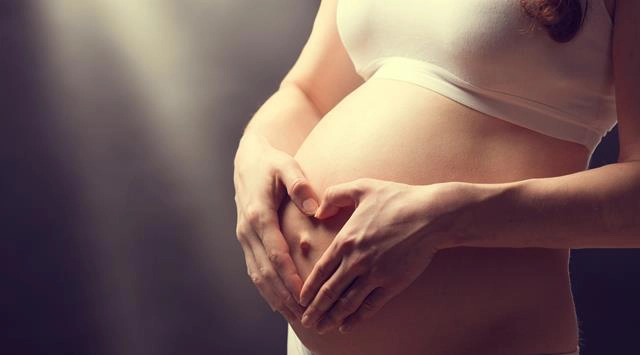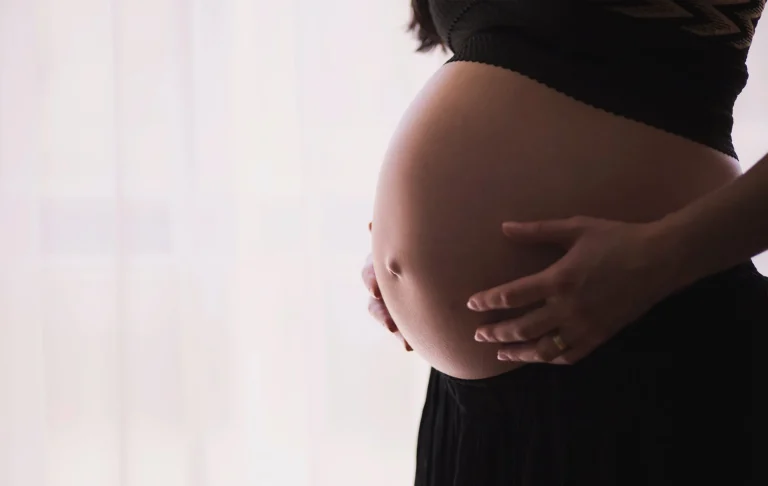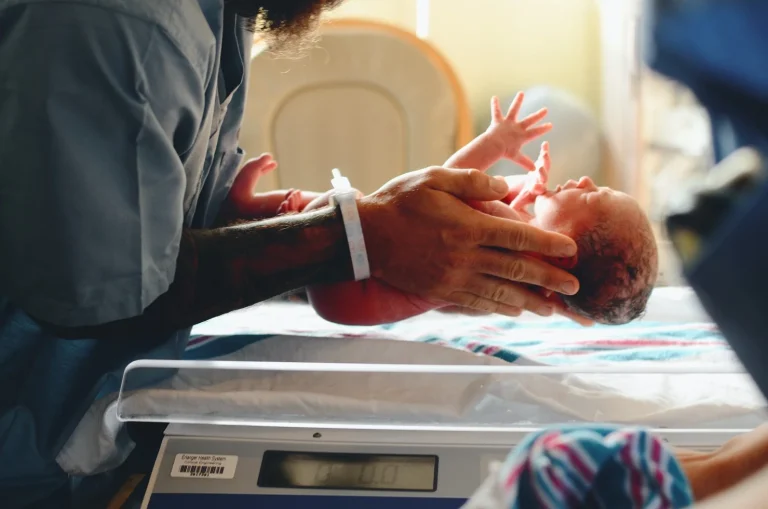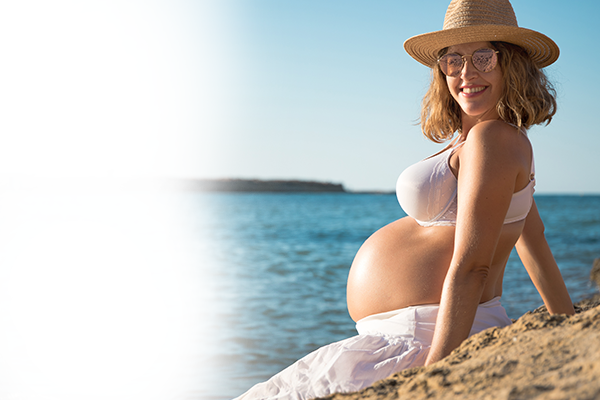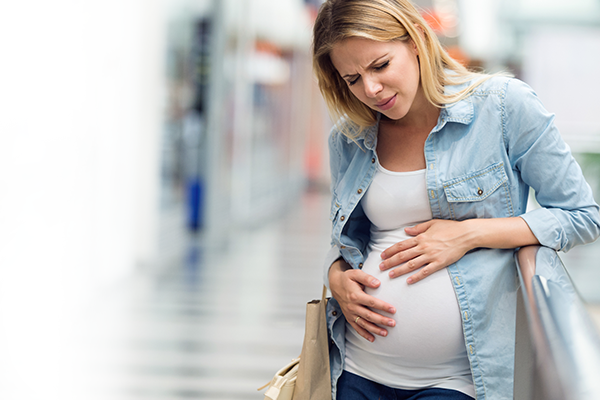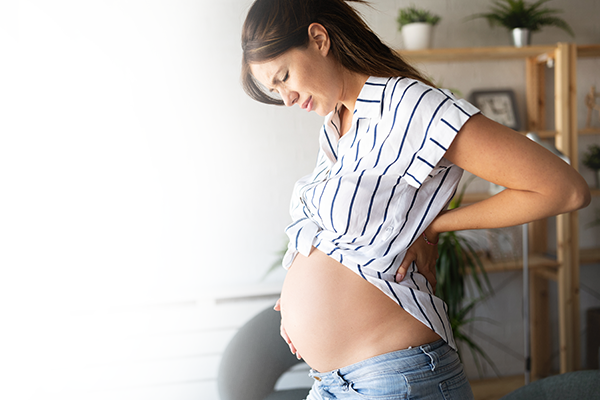Activated charcoal is a widely used product that can be bought at the pharmacy without a prescription. Many people take it when they suffer from diarrhoea. Is it safe to use during pregnancy?
Activated charcoal in pregnancy – is it safe?
Activated charcoal has not been shown to affect pregnancy and child development. It is believed to be safe to use when indicated. However, it should be remembered that it is used especially for diarrhoea, which can cause electrolyte disturbances in the pregnant woman. For this reason, the expectant mother should consult her doctor if she has stomach problems, as intravenous rehydration or replenishment of lost ions may be necessary. The cause of the symptoms that occur is also important. Diarrhoea caused by salmonella can be particularly dangerous for pregnant women.
Activated charcoal in pregnancy – when to use it
Activated charcoal is most commonly used for diarrhoea. Its function is to absorb pollutants, toxins or pathogens. It is not absorbed by the digestive tract and is therefore considered safe during pregnancy. It should only be used in cases of mild discomfort, without signs of dehydration or other symptoms such as fever. In such situations it is necessary to consult a doctor. Do not forget to drink fluids during diarrhoea. It is advisable to have activated charcoal in your first-aid kit if there is a risk of so-called traveller’s diarrhoea.
Activated charcoal in pregnancy – application
Not everyone knows that activated carbon has other uses besides “treating” diarrhoea. Filters in water jugs or the recently popular bottles are made with activated carbon. It is also found as an additive in toothpastes, which have taken on a black colour in recent years for this reason. In addition, carbon is also used in cosmetics. Manufacturers use it particularly frequently in products for acne-prone skin.
What to do for diarrhoea during pregnancy?
Diarrhoea during pregnancy can have various causes. If it is a one-time occurrence caused by a nutritional error, there is no need to worry. Pregnant women whose older children attend nurseries and kindergartens and who are easily infected with rotaviruses, for example, are particularly at risk for diarrhoea. Sometimes the infection is so severe that the expectant mother has to go to the emergency room, be adequately hydrated and sometimes be treated in a pregnancy pathology unit.
Depending on the cause, the treatment of diarrhoea during pregnancy can vary. In most cases, however, it is based on fluid intake and an easily digestible diet. If necessary, medicines prescribed by the doctor are used. Diarrhoea towards the end of the third trimester is usually a symptom of impending labour. It does not require treatment and is triggered by hormonal balance, among other things.



